The Future Of Education Is Malleable

I recently listened to this podcast all about education. They mentioned that it’s complicated and difficult to reform education, and it didn’t sound like they had much hope for companies in the education space to create a better system. This was hard to hear, but I understood.
One of the reasons it is so hard to take on education reform is that becoming an accredited school is a pain in the ass. In addition, all the current accredited school are nonprofits, putting for-profit school at an inherent funding disadvantage from the start. Not to mention, universities have network effects as well as the trust of most of Gen X and Baby Boomers. Now, THAT’s a moat. With all of that, it’s understandable why people feel that reforming education is a fool’s game. But not reforming it isn’t really an option.
Our children are royally fucked in the current system
Right now America is sitting on 1.6 trillion dollars in student loan debt. And that debt isn’t working for our young citizens like they were told it would. More students graduate with a degree, left without a job. The reason? The system that told us in kindergarten that we do K-12, go to college, and we get a job on the other side has changed in those 16 years. Now, many of us feel like we’ve gotten screwed. And it’s only going to get worse if we give up as a country on trying to fix it.
Some practical solutions
Just like solving any hard question, it must be broken down, variable by variable. In this blog post, there are multiple factors I want to examine. On a high level, they include:
The educational benefit of college
The social benefit of college
The credential benefit of college
Parents’ role in the system
The difference between Gen Z and Gen X
The mismatch between higher ed and the labor market
The rise of automation and how education should get ahead of it
Why Higher Ed?

Let’s get started with the three main benefits of college, or reasons people attend. A lot of this content is inspired by Isaac Morehouse, CEO at Crash, so thank you for the insight and inspiration for this section.
Why would someone want to go to University of Arizona? It isn’t known to be a top tier school, it isn’t nationally ranked or an ivy league. But still, tens of thousands of students attend this school, and hundreds of schools like it every year. When it comes down to it, there are really only three reason people go to any college, including a school like UofA (or Harvard/MIT).
The education
Higher ed institutions deliver top-class education, or at least they are supposed to. People go to college because they want to learn something, gain more skills, and become more valuable on the job market. The thought is that going to college = getting valuable skills.
The network/social life
Another reason people go to college is for the network. If you go to Harvard or any top tier school, you’re already very gifted. This means all your classmates will likely be gifted too. At the end of it all, business and life is all about people; People who know you and who you know. Going to college is a great way to kick off your career to build a network of very promising and smart people.
The credential

Then there is the credential. You know what I’m talking about. The .edu email address. The MIT diploma. The Stanford logo on your resume. It’s the signal to the market that you got into and graduated from X means people know you already have a base level of intelligence. This is why if you’re looking at two resumes, you’ll be biased towards the ivy school grad, due to the signal. The meaning. The credential.
These three reasons are why people pay tens of thousands of dollars for college; For the education, the network, and the credential. Kids in high school may be aware of one of two of them, and some may be aware of all three. But it’s almost guaranteed that parents know about all three, which makes them very biased on where they think their kids school spend their college aged years.
The parents’ role
The parent wants to do the best they can for their kid. What they usually think is best for their kid is going to college, so they optimize their kids upbringing to do just that. Additionally, this was how they were likely raised, and they see it no different with their kids. So, yes, good on parents for wanting their kid to be successful by going to college.
But, there’s more. Parents don’t just want their kid to be successful. They want others to know that their kid is successful. If a kid gets into Harvard, it’s a representation of the student yes, but it is also a representation of the parent. They are proud to tell their friends and family that their kid got into X prestigious school.
On the flip side, if a parent has a kid that dropped out of school to pursue music and is making $30,000 on Patreon, they now have to tell their family and friends that they kid dropped out of school and is doing this weird internet thing. To them, this doesn’t equal the path they consider to be success.
The perceived success of the student is the success of the parent. This complicates things. Why?
Gen Y and Z see things differently

See, our parents didn’t grow up with the internet. They didn’t grow up with access to information that we do. So I can’t blame them for feeling the way they do about education. But this doesn’t mean it’s okay. There is a seismic shifting happening with my generation (the millennials) and the generation after us (Gen Z). We either grew up into the internet or we were born into it. We saw the rise of influencers and brands, by using the power of social media. Instead of encyclopedias, we got Google. Instead of a record deal, we had Youtube. Instead of buying records, we had iTunes.
And as we got older, we kept seeing this access open and open up. Influencers like Logan Paul and Ninja are more popular than the American Idols. Something clicked for us. We realized the world was changing and we didn’t want to miss out. While we were realizing this, the ability to start a company was made drastically easier. Instead of servers, we had AWS. Instead of taking checks, we had Stripe. Instead of HTML, we had Wix.
The internet has opened the playing field. And many of us have run as far as we could with it. Gallant Dil in Texas makes hundreds of thousands from his computer. There’s thousands more out there like him.

What matters now is not where you went to college. It’s what you know and how you can deploy that knowledge. This is big. As Alexis Ohanian puts it, “we don’t need anyone’s permission anymore to start something, thanks to the internet”.
The current education system doesn’t support this way of thinking
If you go to ASU, Stanford, or anything, you would get a great education, meet some great people, and get the degree. But what if I told you that you could do all of that without going into debt or spending 4 years of your life chasing it?
There are dozens of companies that allow you learn anything and everything for a low cost, if not free upfront. Thanks to the internet, connecting with each other and building networks online or through efforts like Y Combinator or the Thiel Fellowship are hacking the college’s network moat. And as for the credential. The credential does matter to some, but that percentage of the workforce is slowly decreasing.
Automation will force innovation
As many of you might see presidential candidate Andrew Yang talking about the rise of automation, I’m afraid he’s right. Eventually, most jobs that are being taught in college’s will not exist in 20 years. Lawyers, accountants, truck drivers, Etc. These professions will be automated, which will leave a large subset of the workforce jobless…Maybe.
Where all of this comes together is this. Over the next 10–20 years, most jobs will be automated away. In addition, a significant percentage of people under 30 want to start their own company, whether it be big or small. It’s time that the system recognizes this and starts training younger people to think like entrepreneurs, even if they don’t become one immediately. And no, the common core doesn’t do the job here.

Along with a basic income being implemented in the next decade, people are going to need to get creative to find employment or create their own employment.
What has to change?
Parents need to listen to their kids and recognize not going to college does not mean their kid won’t be successful. In fact, the opposite could be true
More schools like Y Combinator and the Thiel Fellowship need to pop up and popularize the idea of entrepreneurship
Young people need to be able to take more risk and not feel tied down by student loans, which are contributing to the system of yesterday, not the future.
Companies need to popularize the idea of hiring students without degrees but with the right skills.
So who’s solving the problem?
I wrote this blog post in response to people saying it was really hard to reform education. I took a look at the factors and found some companies that are coming up with some solutions. Here are some companies who are solving the problem.
K-12 Education
The two companies I know of targeting the K-12 demographic are Prenda and Outschool.
Prenda

Prenda helps anyone start a micro-school, which takes more of a homeschooling approach. “Guides” can start their own school and teach a small group of students content defined by Prenda. (Disclosure, I work here)
Outschool
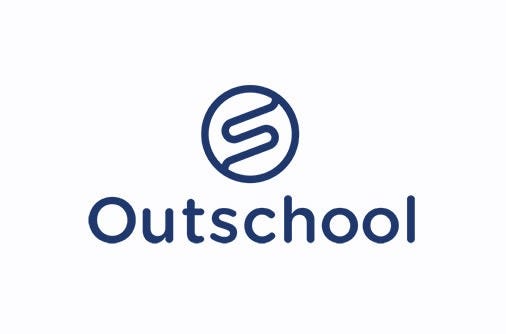
Outschool is like Udemy for K-8 content. It lets any qualified teacher come on and teach a skill, that’s curated for kids. Classes range from Dungeons and Dragons to teach critical thinking all the way to “Mastering the Five-Paragraph Essay — Middle School Pt.1”. This takes much more of a skills-based education.
High School/College Education
Praxis
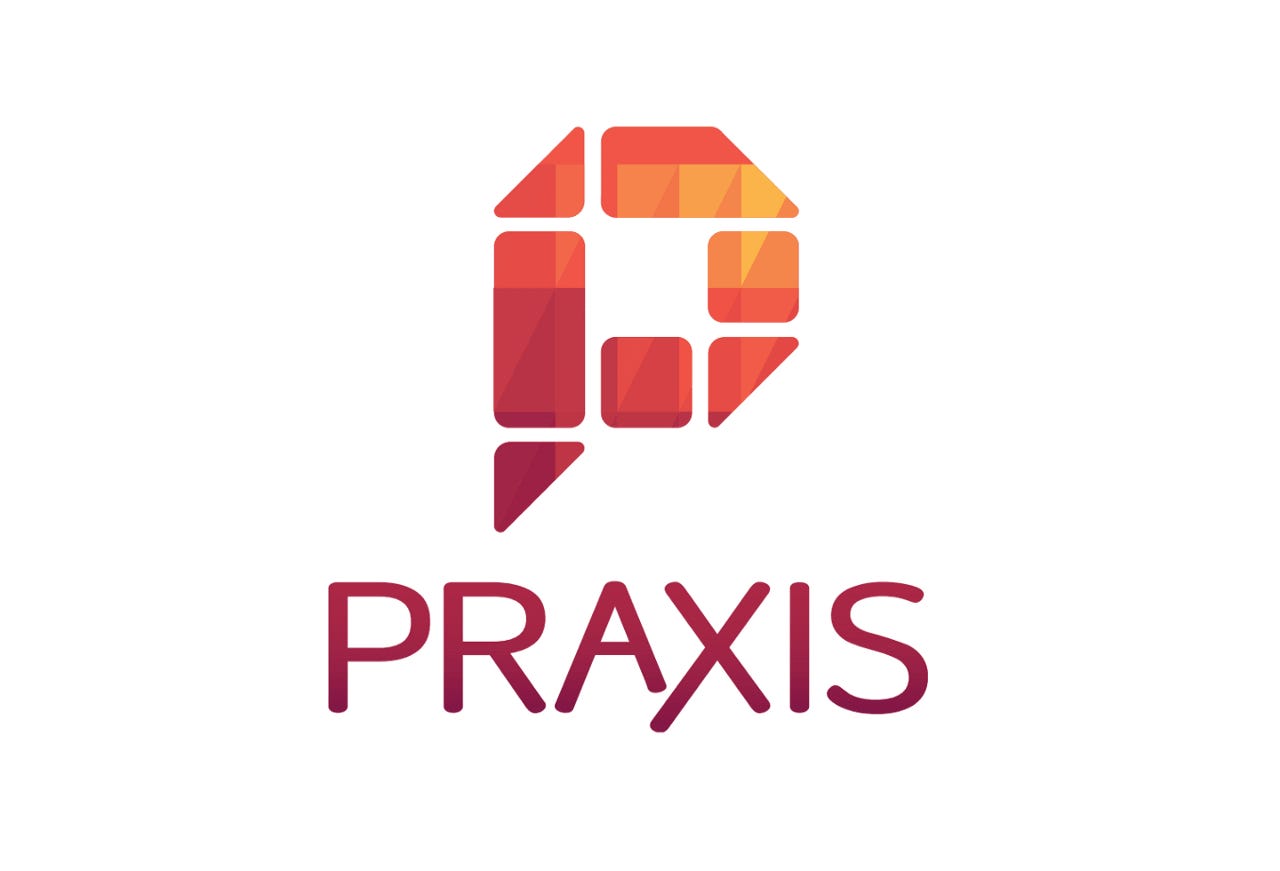
Praxis, is an accelerator for students. Instead of students going to college and into debt to learn things that are outdated, at Praxis they work on projects and build skills that the job market is looking for when comparing to college. For many, the future of education is skipping college for these career accelerators
Pathrise
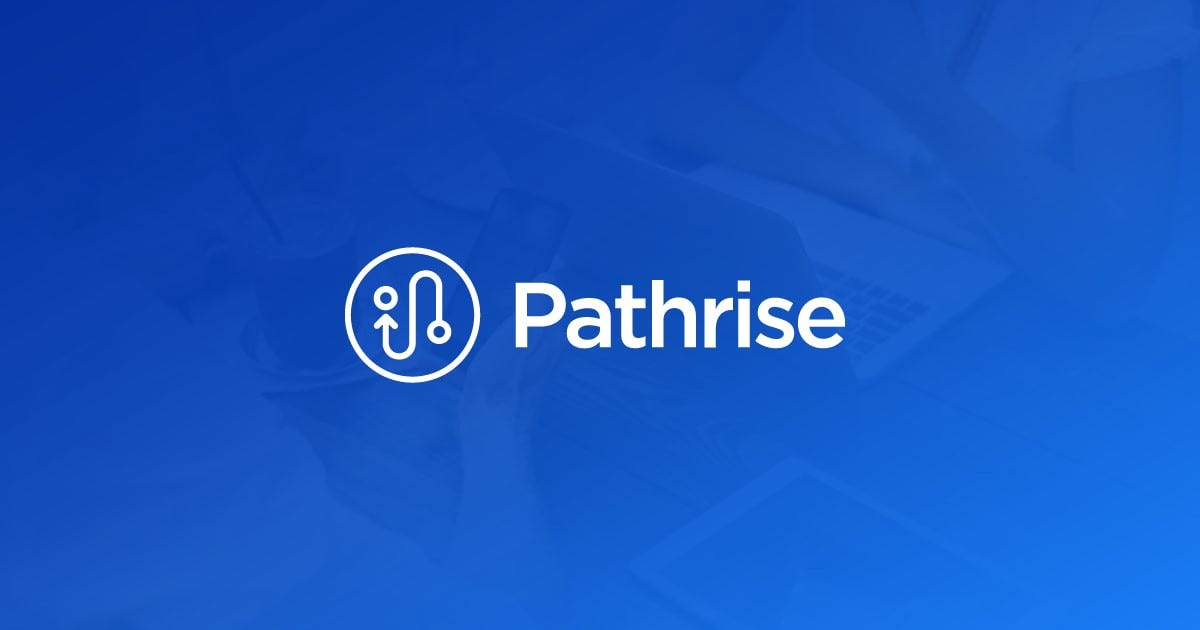
Pathrise is a company in the career accelerator space. They take a student accelerator approach to make a student more valuable and so they can find a better job and get paid more than they would have. Pathrise uses an income share agreement.
Lambda School

Lambda School is the coding school taking silicon valley (and the world) on by storm. Started in 2017, they pioneered the ISA for students to get an education. With 50M in funding from the crème de la crème, it’s hard to imagine Lambda not being Harvard of 2050.
Schools for Entrepreneurship
Y Combinator

Y Combinator, largely the first of its kind, is one of the world’s most exclusive schools, as it doesn’t even call itself a school. Still, if you want to start a startup, Y Combinator is the place to best learn how to do this.
Pioneer
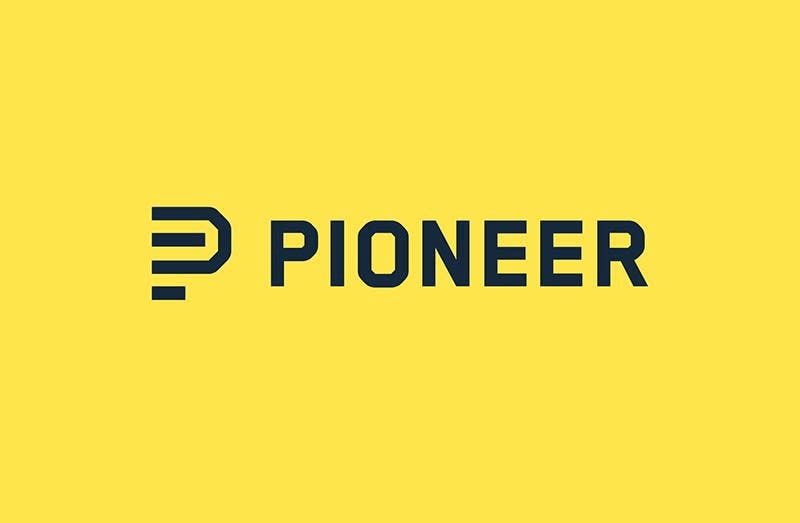
Pioneer, seemingly a game for productivity, is also building school like attributes. They have a strong alumni network of Pioneers, and Daniel has told me that they want to compete with the network of Harvard.
Companies powering ISAs
Leif
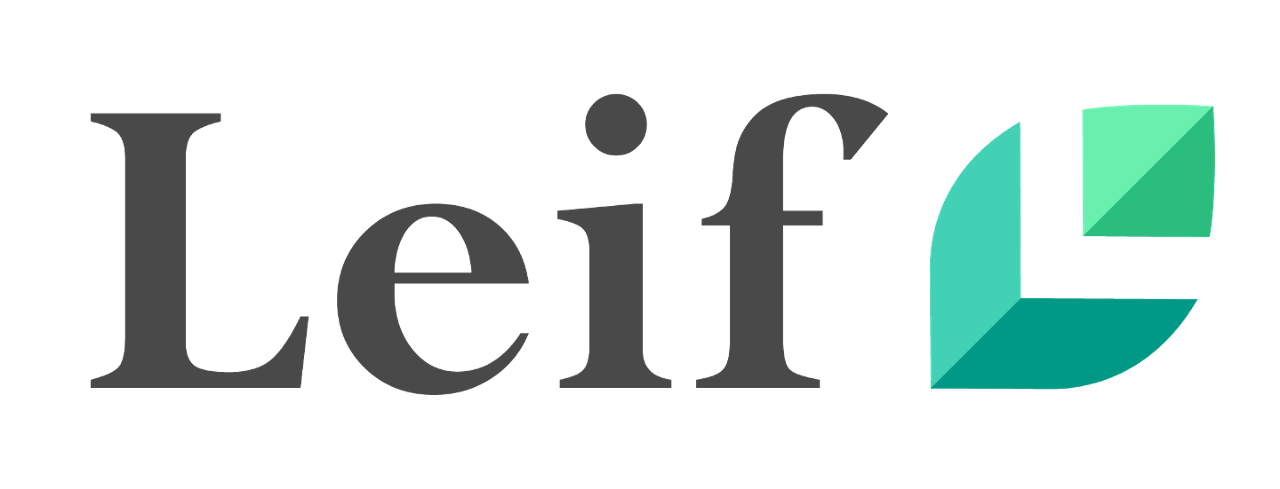
Leif is the company behind Lambda School’s ISA operation. Starting back in 2016, Leif has been thinking ISA execution longer than almost anyone on the market. They seem to be the early leader as well
Blair

Blair is a company right out of Y Combinator. They help people finance college, and once they get a job, only then do they pay their tuition. These companies only scratch the surface of what’s being built in the world of ed-tech. Know of a company in this space. Let me know about them!
To paint the full circle
With all these variables involved, it’s safe to say that there are tons of companies aiming to reform education and make it work for more people. To the folks at 1517 Fund and Erik Torenberg, I’d love to talk about this with you and hopefully paint a picture for you about what’s going on in the ground floor of the future of education. Because reform is happening :)


